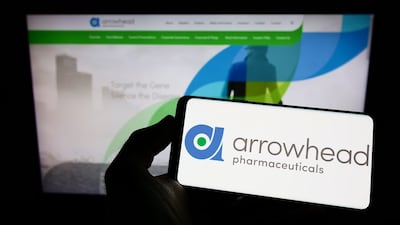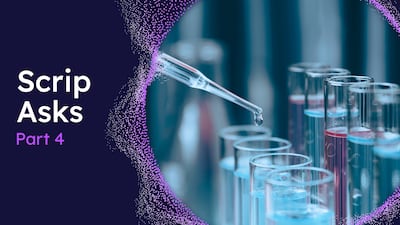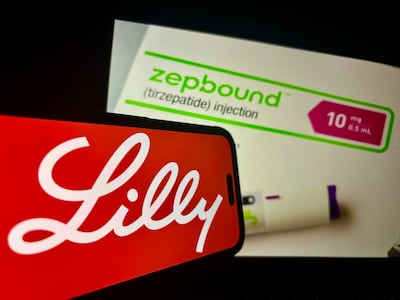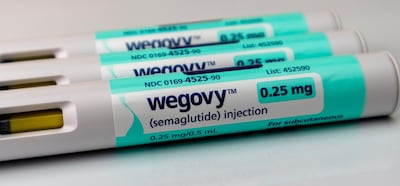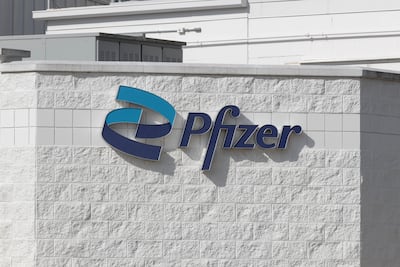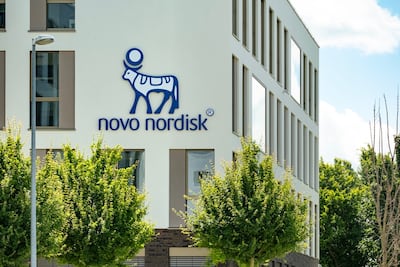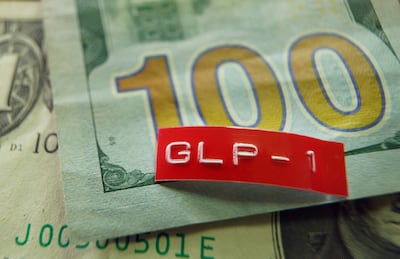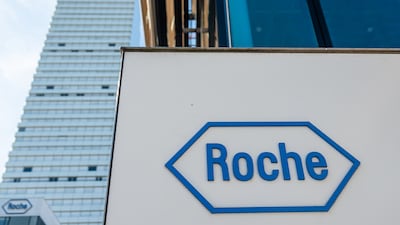Alimentary/Metabolic
The company hopes to prove its RNAi platform is the most versatile and potent in cardiometabolic therapies in 2026 – and win one over on its long-standing rival, Ionis.
Enthusiastic predictions from industry leaders for ongoing progress in obesity, oncology, immunology, neuroscience and more were supported by optimism for the potential of AI and other technological advances to enable breakthroughs in processes as well as pipelines.
Novo Nordisk said it will take legal action against mass compounding of the new oral semaglutide formulation by Hims & Hers.
Monthly obesity therapies may not have to rival the efficacy of weekly injections if they can be more convenient and help patients stay on treatment longer.
The drugmaker’s sales grew by more than 40% for the fourth quarter and fiscal year 2025, with tirzepatide accounting for more than half of annual sales.
New CEO Mike Doustdar believes Novo Nordisk can win in the lower-price, higher-volume consumer market for obesity drugs – but is nonetheless preparing investors for a hit to sales and profits in 2026.
The Danish firm’s share price plummeted as it revealed its most favored nation pricing deal would cut deep into sales and profits in 2026, although offset somewhat by strong launch of the Wegovy pill.
Long-acting GLP-1 agonist obtained in the Metsera deal beats placebo in 28-week weight loss in Phase IIb, but analysts note the data come in below Zepbound’s 28-week efficacy.
The experimental GLP-1/amylin combination shows promise in type 2 diabetes, but competition will be fierce with some massive launches expected in 2026.
The Danish drugmaker is getting ready to celebrate a first-in-class approval from the European Commission for semaglutide for metabolic dysfunction-associated steatohepatitis.
UK major will bag CSPC’s eight preclinical drug candidates in weight management, including most advanced asset SYH2082, a long-acting GLP-1/GIP receptor agonist with once-monthly dosing potential.
Roche's CT-388 shows promise in Phase II obesity trial but analysts question "commercial relevance" in a crowded market.
The company said amorphous rifaximin solid soluble dispersion did not meet the primary endpoint in two Phase III RED-C trials in the prevention of hepatic encephalopathy in patients with cirrhosis.
The Swiss pharma company is rebalancing the portfolio, emphasizing best-in-class drugs and moving into new areas like cardiovascular and metabolic disease.
The Danish firm is exiting the tricky development of diabetes cell therapy, allowing it to focus on its incretin therapy battle with Eli Lilly.
Two familiar heavyweights of the obesity field return for another match, while four smaller companies are tipped to bring their own blockbusters to market, new data from Evaluate Pharma show.
While the biotech sector is optimistic once more, the annual conference did not bring a bounce to many companies.
The company is currently well off the pace in obesity but believes some business development and a crossover with its Botox brand could help it compete.
CEOs of both the market leaders for weight-loss injections spoke at length during the J.P. Morgan Healthcare conference about the market potential for pills, which are gearing up to become the next frontier in the obesity treatment space.
Immunis thinks its secretome-based biologics could provide off-the-shelf therapies for metabolic conditions related to aging. Monotherapy or combination with GLP-1 agents is being considered.

